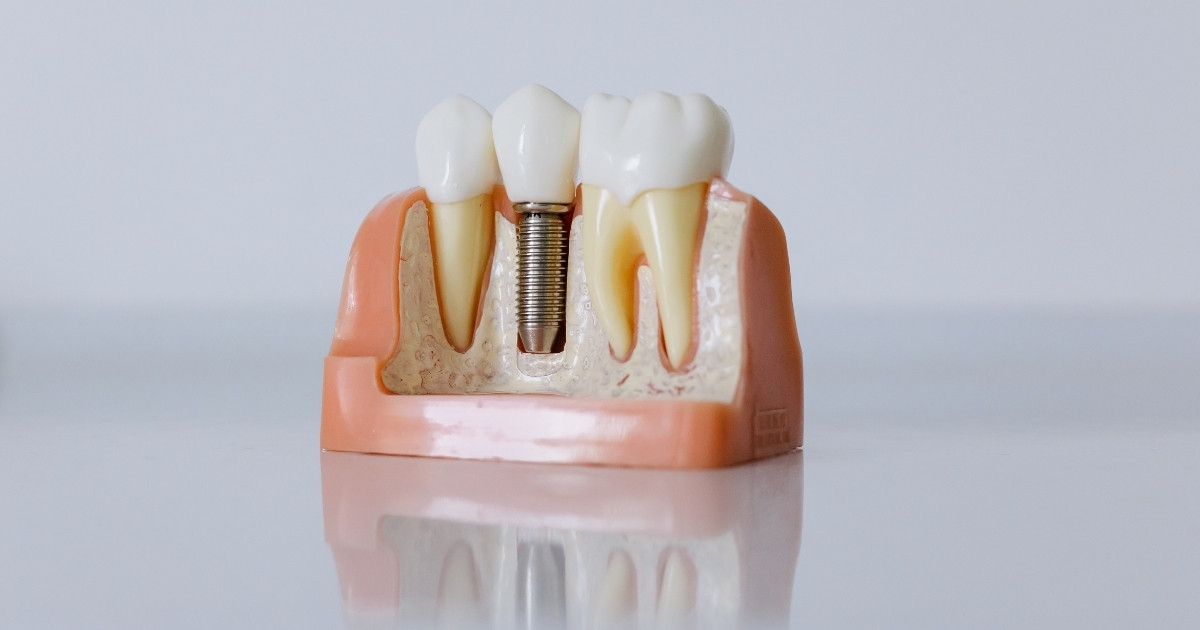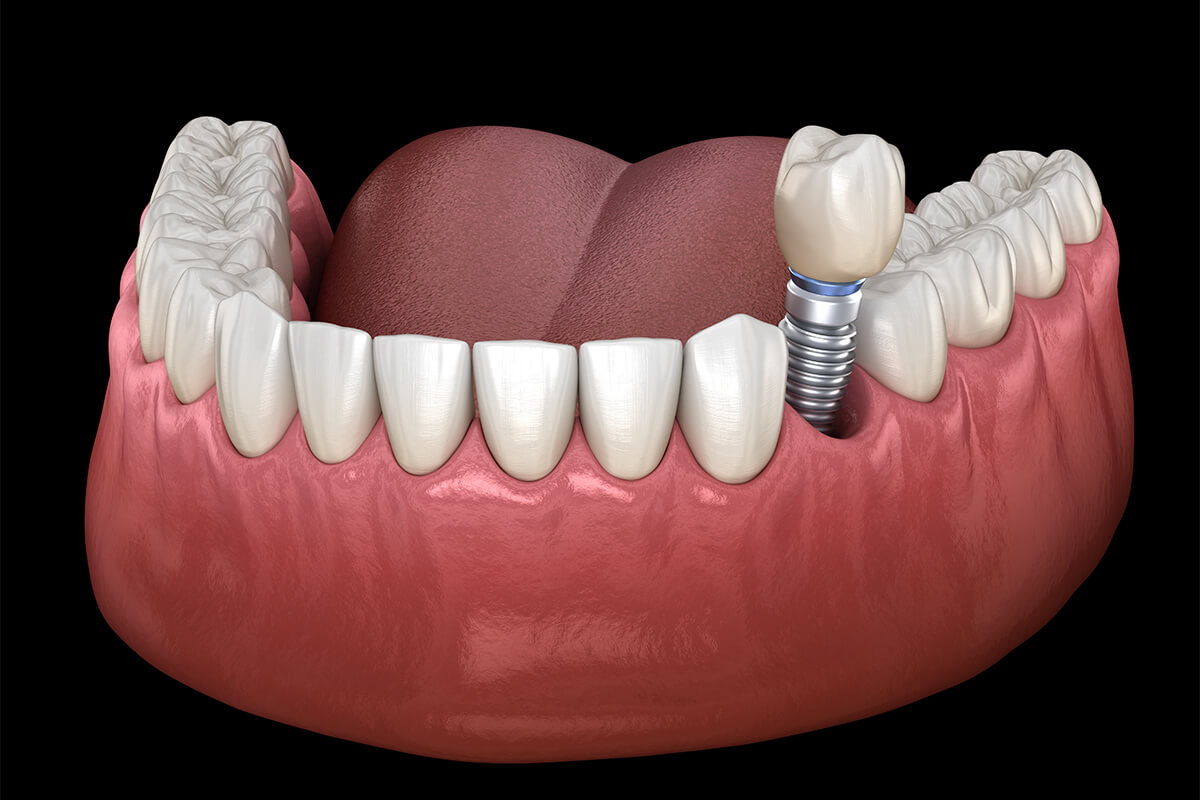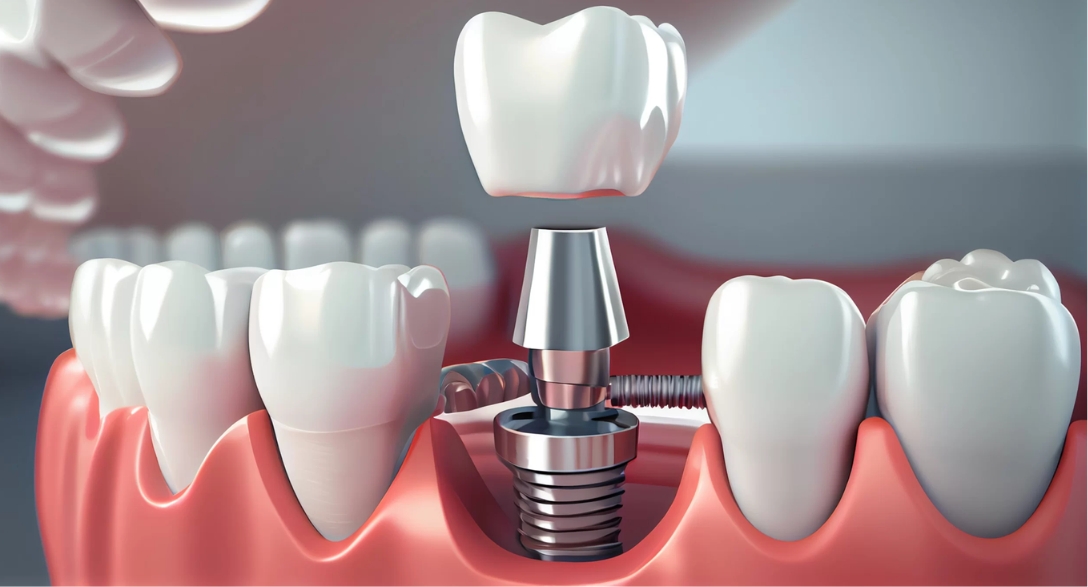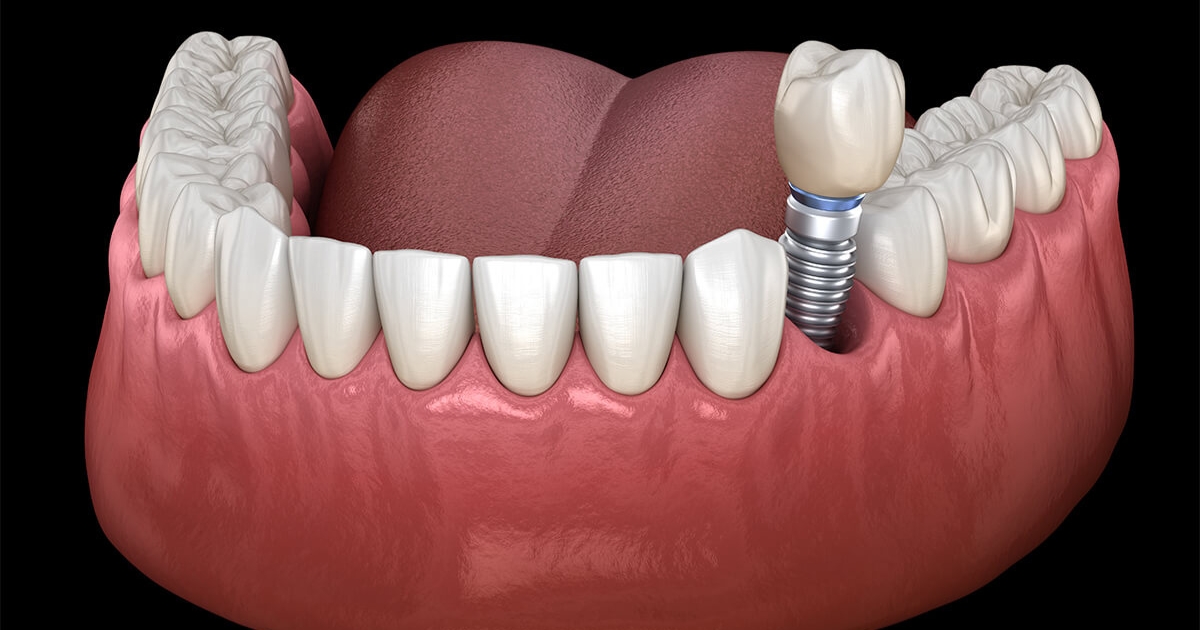Call Us Today 817-737-7668

Dental implants, nowadays, have become a favorite replacement when it comes to missing teeth. This is because they are long lasting and have a natural appearance.
You will find many people who ask, “Can my general dentist provide implant surgery, or must I see a specialist? ” This is a valid and significant question when considering dental implants. General dentists perform various dental procedures. However, dental implants sometimes need specialized knowledge.
This blog will explain why general dentists typically do not place dental implants. It will also show why seeing a specialist might be necessary. Knowing the differences you will be able to make informed choices for optimal results and long-term oral health.
Why Do General Dentists Not Perform Dental Implants?
When it comes to dental implants, they need exact surgical expertise and specialized education. General dentists do not usually perform dental implants until and unless they have received advanced training.
Dental schools only teach basic implantology, with an emphasis on general care. However, dentists need hands-on surgical training to place implants, which most general dentists do not have safely.
Training and Expertise Gaps
General dentists are not trained extensively in dental implant placement as part of their regular education. Implantology deals with intricate anatomy, bone health issues, and surgical procedures. General dentists might not grasp the intricacies if they do not have the proper training.
Professionals, such as oral surgeons and periodontists, can get the job done. This is because they complete extra years of specialized training. In addition, they work on complicated cases with bone grafting, sinus augmentation, and nerve location. This experience reduces risks and enhances the success of dental implants Colleyville.
Case Complexity Understanding
Straightforward implant cases may appear within the scope of a general dentist. Some cases are complicated. Bone loss, gum disease, or specific anatomical issues affect some patients. They need specialty treatment. Specialists use sophisticated imaging technology, such as 3D scans, to plan and guide accurate implant placement.
General dentists do not have access to such technologies, enhancing the likelihood of implant failure. Complicated cases need extensive knowledge of facial contour, bone structure, and locations of nerves—abilities that professionals acquire during training.
When to Go for a Specialist?
There are some situations that need the expertise of a specialist in implants rather than a general dentist:
- Bone Grafting: Individuals with loss of bone require grafts before implant insertion.
- Sinus Lifts: Implants of the upper jaw may necessitate sinus cavity augmentations.
- Complex Anatomy: Irregular bone structures or being close to nerves require qualified hands.
Proficients have the ability to handle these cases well. They can minimize risks and enhance outcomes without much of a stretch. General dentists refer complicated cases to oral surgeons or periodontists.
The Importance of Experience and Certification
Some general dentists also seek continuing education in implantology. Certifications and hands-on experience play a vital role. They may qualify them to handle easy implant cases. However, it’s crucial to check for their expertise. You must question how many implants they have successfully placed and ask for patient testimonials.
A provider with an extensive implant background guarantees safer and more successful results. Specialists such as oral surgeons and periodontists provide high-level skills for complex cases. Always check your dentist’s credentials and experience before making a decision.
Dental implants are an investment in your well-being. Therefore, getting the right practitioner is important. Prioritize skill, experience, and comfort to get the best possible outcome. If you need dental implants, talk to our specialists now.





